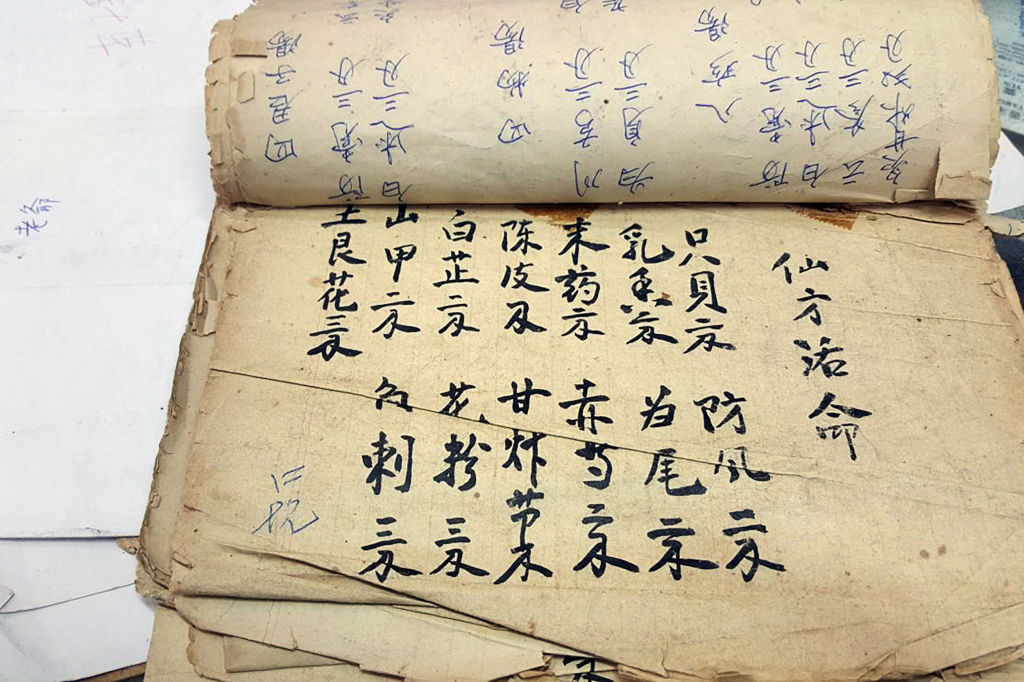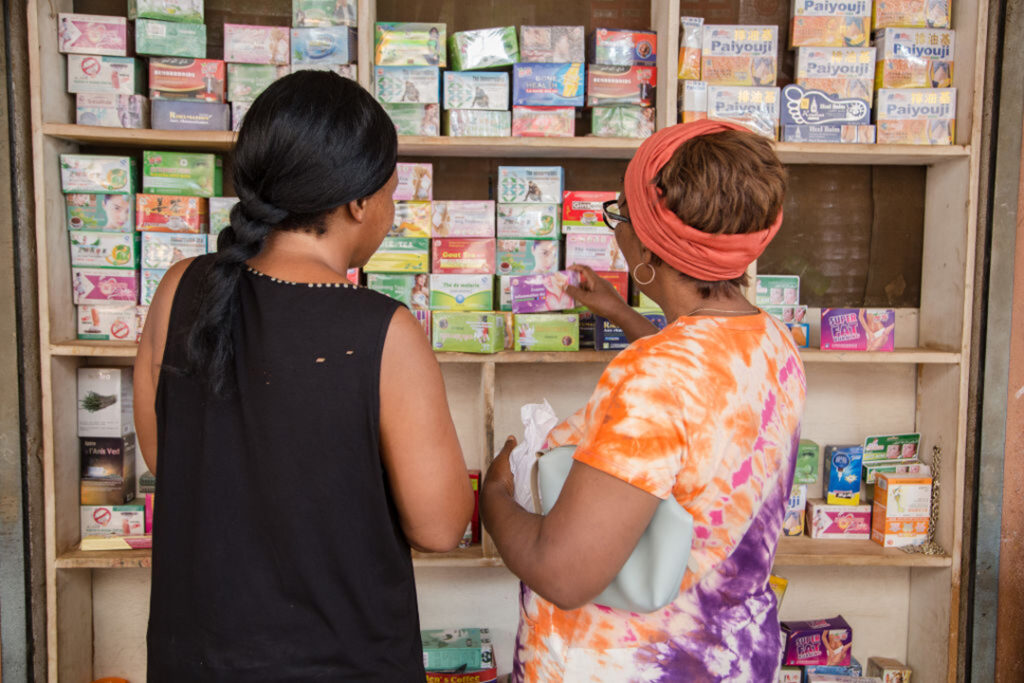ADF STAFF
Alongside its infrastructure investments in Africa, China is promoting the use of traditional Chinese medicine (TCM) — raising concerns about increased poaching of the continent’s wildlife and the risk of future diseases crossing from animals to humans.
Practitioners say TCM is cheaper than conventional health care and similar to traditional African medicines, which often include ingredients that are biologically similar to TCM components.
The COVID-19 pandemic has given TCM promoters a stronger foothold on the continent because people are desperate for treatment and willing to try unproven remedies, according to the United Kingdom’s Environmental Investigation Agency (EIA).
“In the past two years, the COVID-19 pandemic presented the Chinese Government with an unexpected opportunity to globalize TCM and accelerate its promotion, both at home and abroad,” said the authors of the EIA’s November 2021 report, “Lethal Remedy.”
The Chinese government has pushed TCM as a way to treat the coronavirus, despite no evidence of its effectiveness. Among the products recommended to treat COVID-19 is one that contains bear bile as an ingredient.

Another purported TCM treatment for COVID-19 has won government approval in at least five African countries despite a lack of large-scale testing.
The financial scale of investment in Africa has helped China convince national governments to promote TCM in Cameroon, Mozambique, Nigeria, South Africa, Tanzania and Togo, among others. South Africa and Namibia have approved TCM as part of their public health systems, and Uganda is seeking Chinese help to do something similar.
As TCM expands in Africa, the demand for ingredients is likely to put greater pressure on the continent’s rarest and most endangered wildlife. Rhinos, lions and pangolins all provide body parts that are vital to certain TCM concoctions, despite having no medicinal value.
“Our very real concern is that such a huge expansion of TCM in Africa, as is happening under China’s Belt and Road Initiative, will have the knock-on effect of drastically increasing demand for treatments containing wildlife and, in turn, cause more species to become threatened or extinct,” said EIA wildlife campaigner Ceres Kam.
The EIA researchers worry that companies that supply TCM ingredients will use their growing clout on the continent to work around restrictions on importing certain animal parts into China. They have the potential to set up local production lines connected to African breeders, government stockpiles or poachers to export the finished TCM products to China.
South Africa has become a major market for TCM companies in recent years. The country already has farms that raise lions for their bones, which go into TCM products. South Africa’s captive lion market is driving the poaching of wild lions in Kenya to supply the TCM market, according to a separate EIA report.
A survey of a TCM market in Johannesburg found products that potentially contained pangolin scale, which is no longer permitted in China. Another product claimed to contain rhino skin.
“As no rhino skin can be legally traded in China, if the content matched the label, it would be a clear signal that African wildlife is being illegally sourced for TCM consumption,” the authors reported.
Beyond the risk to Africa’s wildlife, the expansion of TCM on the continent also opens up the potential for more outbreaks of animal-to-human disease transmission. Africa already contends with outbreaks of Ebola, HIV, the respiratory illness known ad MERS and other diseases.
As Africa’s population grows, the potential for future outbreaks of diseases spreading from animals to humans is increasing, according to the International Food Policy Research Institute.
“Rising human populations in parts of Africa are accelerating the use of forests for hunting bushmeat for consumption and use in traditional medicines and trade,” the institute reported in 2020. “Like China, wet markets for bushmeat are also found in Africa and there is a considerable illegal international trade.”
By driving demand for TCM in Africa, China is creating the conditions for future disease outbreaks, according to the EIA researchers.
“To meet the needs of the TCM industry, whether through sourcing from captive facilities or from the wild, animals need to be moved across large distances in unnaturally high concentrations,” the EIA researchers wrote. “This brings different species into close contact with one other and with humans, a known risk for zoonotic and emerging infectious diseases, as the COVID-19 pandemic has brought to light.”

